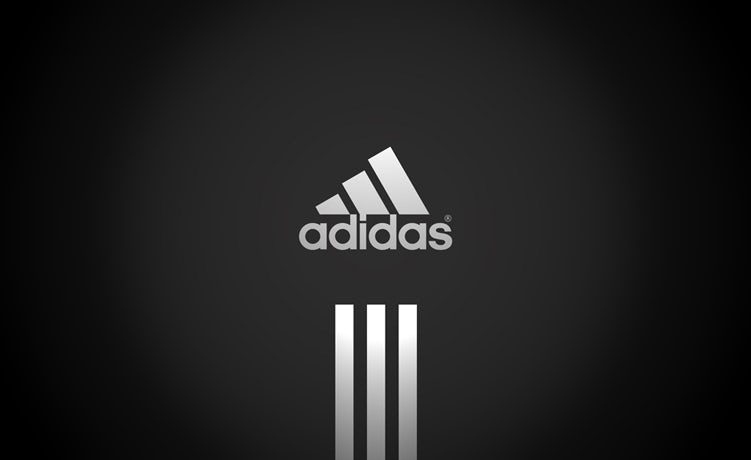International bulletin: Adidas uses robots to knit personalised jumpers and Miller Lite tests mobile ordering
Plus LG launches a mobile payment service and new research shows WeChat is the most important platform for luxury brands in China.

Miller Lite tests push-button beer ordering
Lazy beer drinkers have another reason not to get up from the sofa – MillerCoors is offering US consumers the chance to order beer with the touch of a button or a simple voice command.
The brewer has teamed up with IPG Mediabrands for the new suite of connected home services called ‘Miller Lite On-Demand’ that will allow consumers to stock their fridge using a voice-activated Amazon Alexa command, or by using a programmable button known as AWS IoT that is based on the Amazon Dash Button hardware.
The delivery requests will be fulfilled within one hour by Drizly, an online alcohol ordering platform, according to the agency and brewer, which have partnered on an incubator program aimed at testing such technologies. Drizly currently serves more than 40 cities across the US, according to MillerCoors.
READ MORE: Push-button beer ordering? Miller Lite gives it a try
Adidas uses robots to knit personalised jumpers in Germany

It can take up to 18 months for a pair of shiny new trainers to hit the shelves, but Adidas is on a mission to shorten that to a matter of hours.
The German fitness apparel company has opened a pop-up shop in Berlin that enables customers to design, manufacture and buy a customised merino wool sweater for €200 (£172).
The process starts when the customer enters a darkened room where dozens of different designs and patterns are projected onto their chests. The customer picks their favorites, then adjust the color combinations on an adjacent touchscreen.
To get the size right, the buyer can choose between the standard small to large sizing, or strip down to their underwear for a 3D laser scan fitting. Once the order is in, the sweaters are machine knitted in the store, then hand-finished, laundered, dried and packaged for pickup – all within four hours.
READ MORE: Adidas will knit you a $200 sweater while you wait
LG to launch mobile payments service in South Korea
LG Electronics will launch a new mobile payments service in South Korea. Set to go live in June, the move will enable the brand to keep up with smartphone leaders Samsung and Apple.
LG said it would start offering its payments service, LG Pay, through its G6 smartphones, which went on sale in South Korea on 10 March. Users will be able to make payments through existing credit card readers via a magnetic signal from the phone, similar to how Samsung’s payments system works.
LG did not elaborate on details including whether its payments service would expand to other markets, whether it would be supported on other devices or if it would generate revenue.
READ MORE: LG Electronics to launch mobile payments service in South Korea in June
Microsoft partners with Toyota for connected car deal

Microsoft is making a fresh attempt to convince companies to use its technology for connected cars. The software giant is inking a patent licensing deal with Toyota, which it claims is the first of its kind.
Toyota is the first partner to license Microsoft’s programme, which includes access to navigation, entertainment and voice recognition features that Microsoft has developed.
Microsoft has previously revealed it doesn’t want to build self-driving cars, but it has ambitions to help power them. Last year, both Nissan and BMW revealed their plans to bring Microsoft’s Cortana assistant to their cars.
READ MORE: Microsoft’s latest attempt to get into connected cars involves patents
Luxury brands attempt to crack China using WeChat

WeChat, owned by Chinese internet giant Tencent, is “the most important platform for luxury brands” in China, according to research by L2, a business intelligence company.
Local brands competing in China’s $103bn (£82.3bn) jewellery market have already used it to establish themselves with its audience, but now some western names are stepping into this arena.
Cartier last year launched a storefront on WeChat. The Richemont-owned brand sells around 60 products via WeChat, and Cartier says it is monitoring other Chinese shopping sites for opportunities as site quality and reliability improve.
“Chinese consumers are so digitally native and mobile that it is crucial for brands to get their strategy straight,” says Liz Flora, editor of Asia-Pacific research at L2.
“A lot of old heritage brands from Europe are very careful with their reputations and they shy away from ecommerce, but you’re looking at a whole different type of market, and brands that don’t have a strategy will fall behind their peers.”






